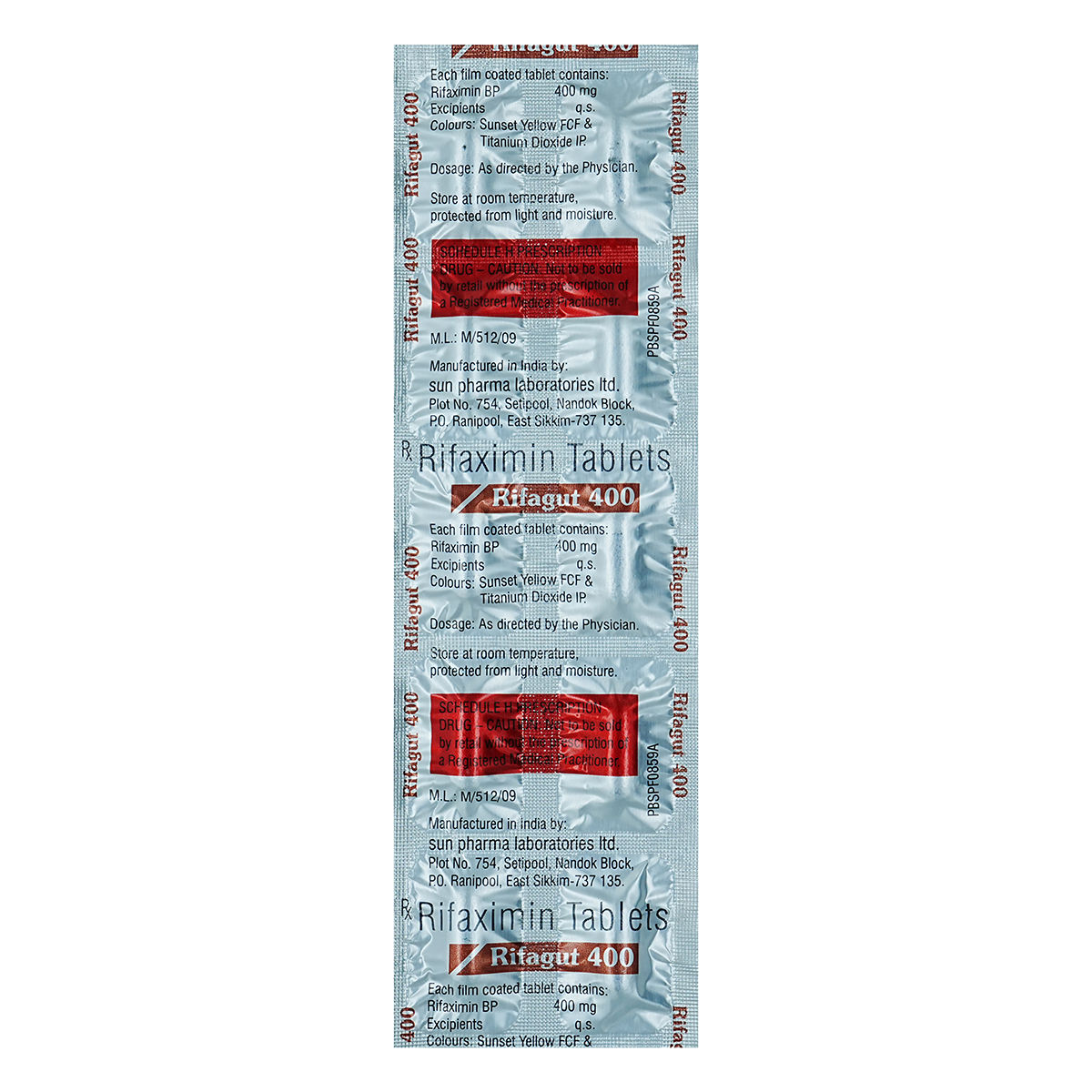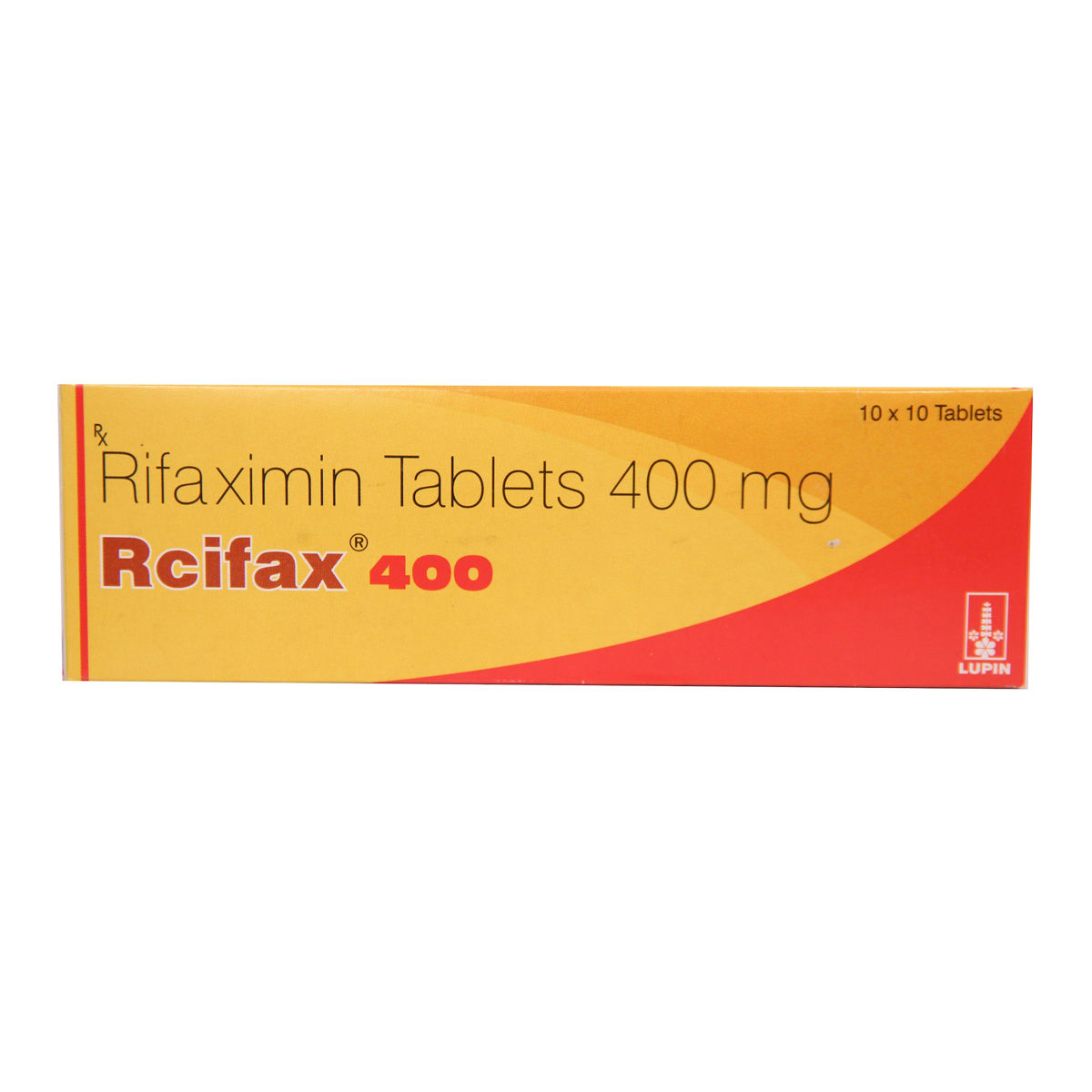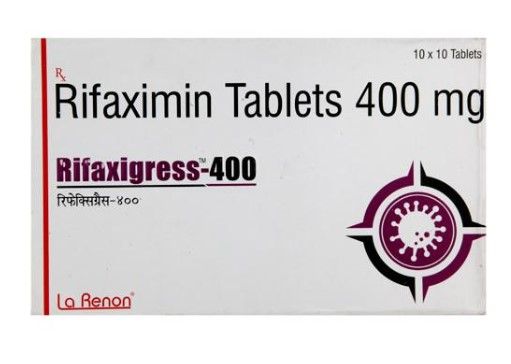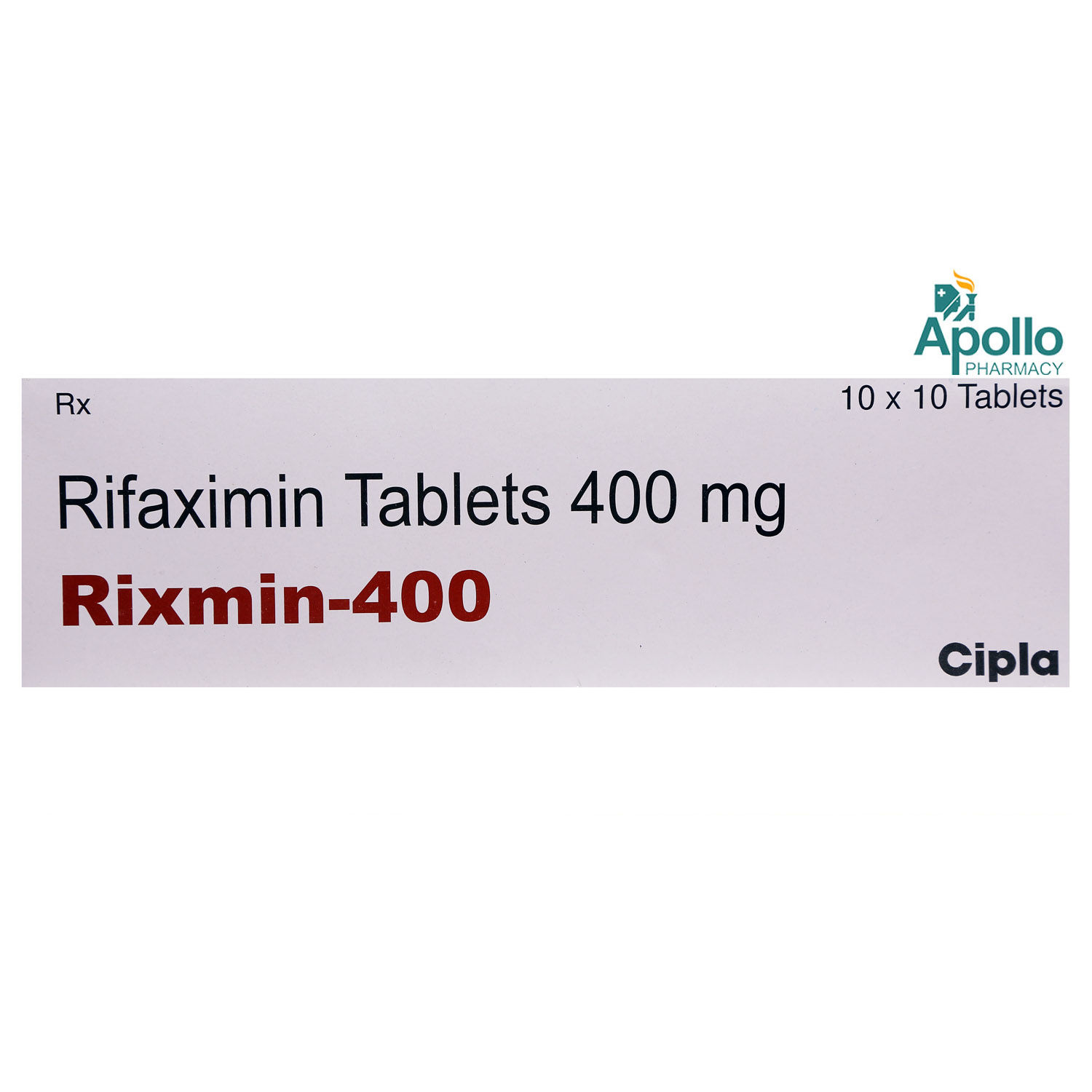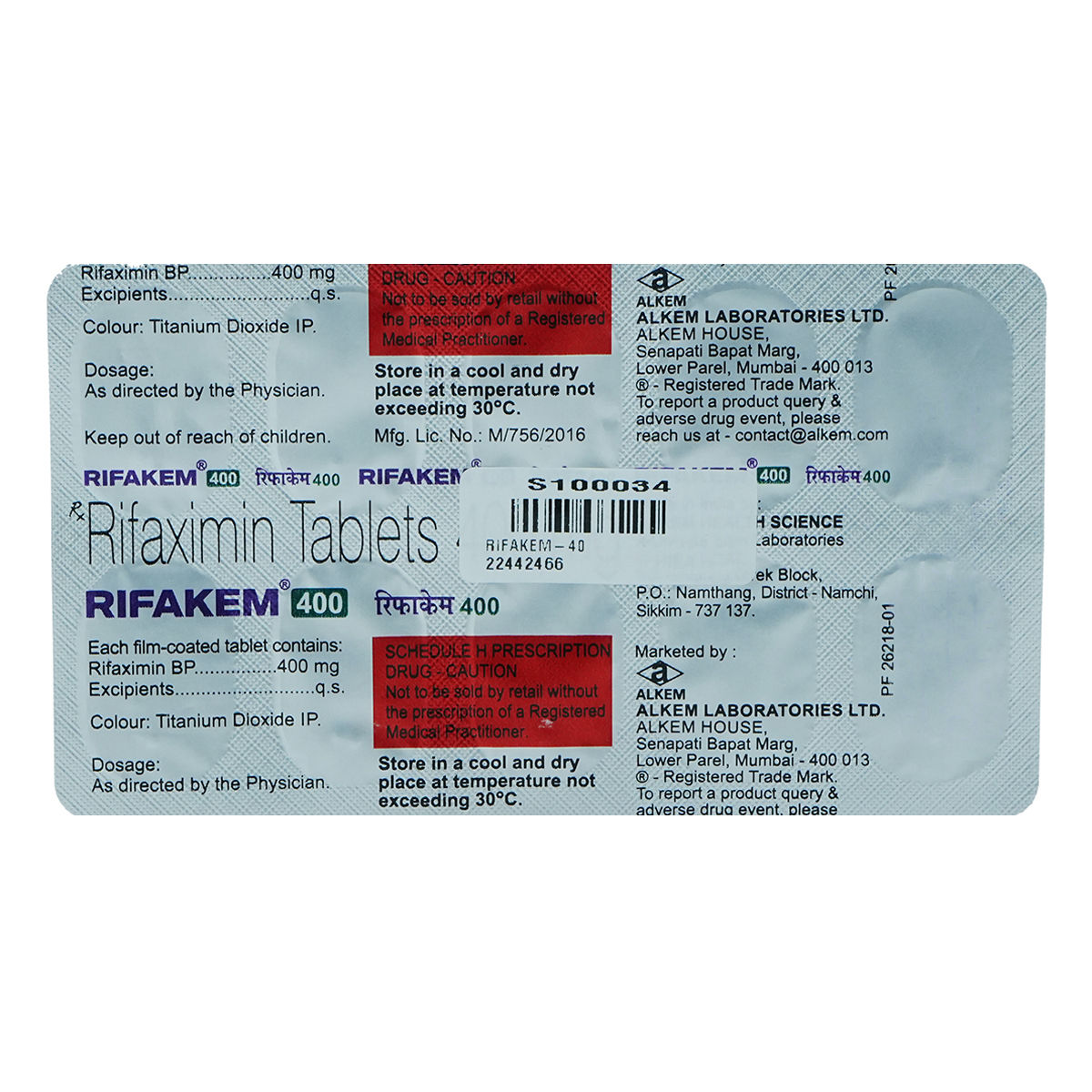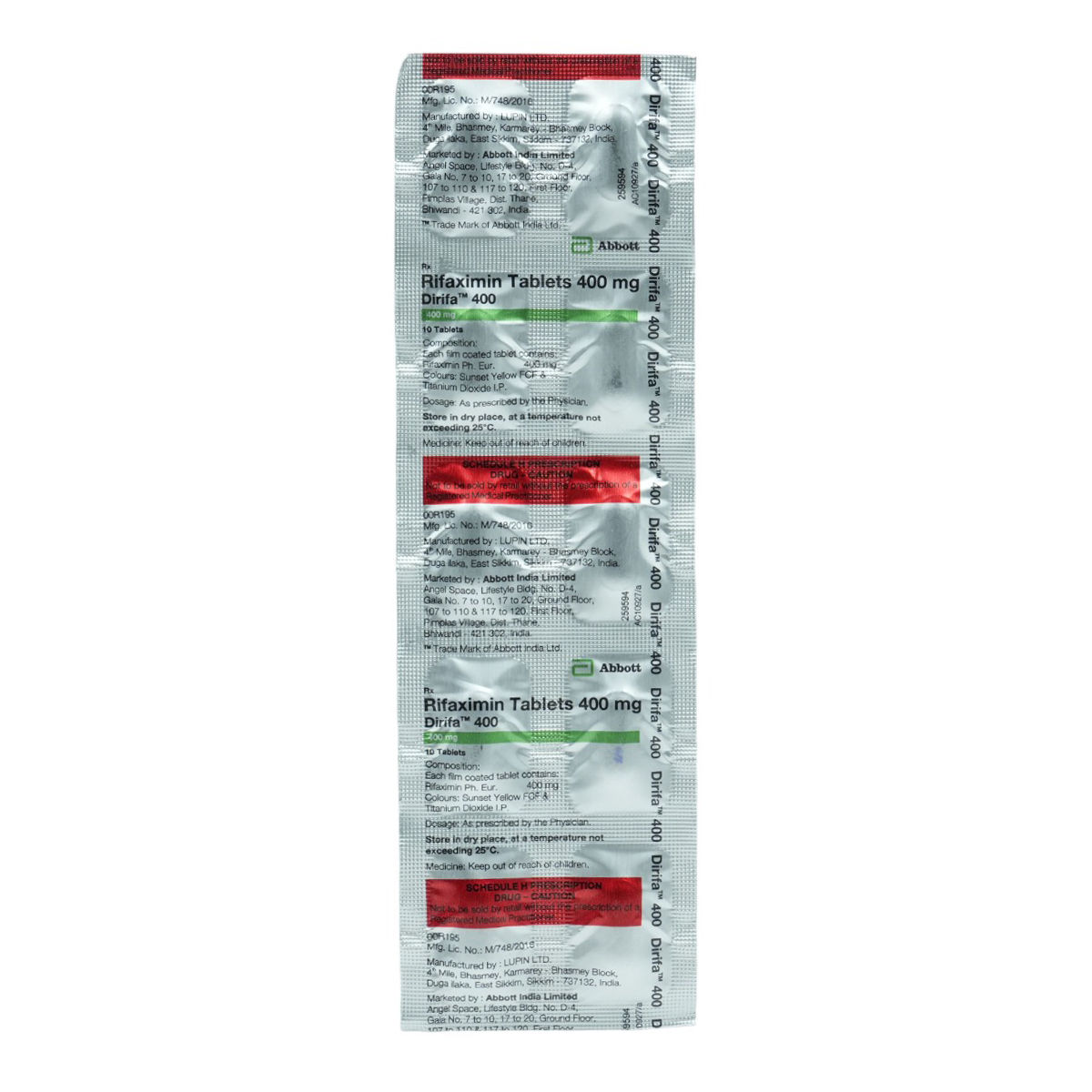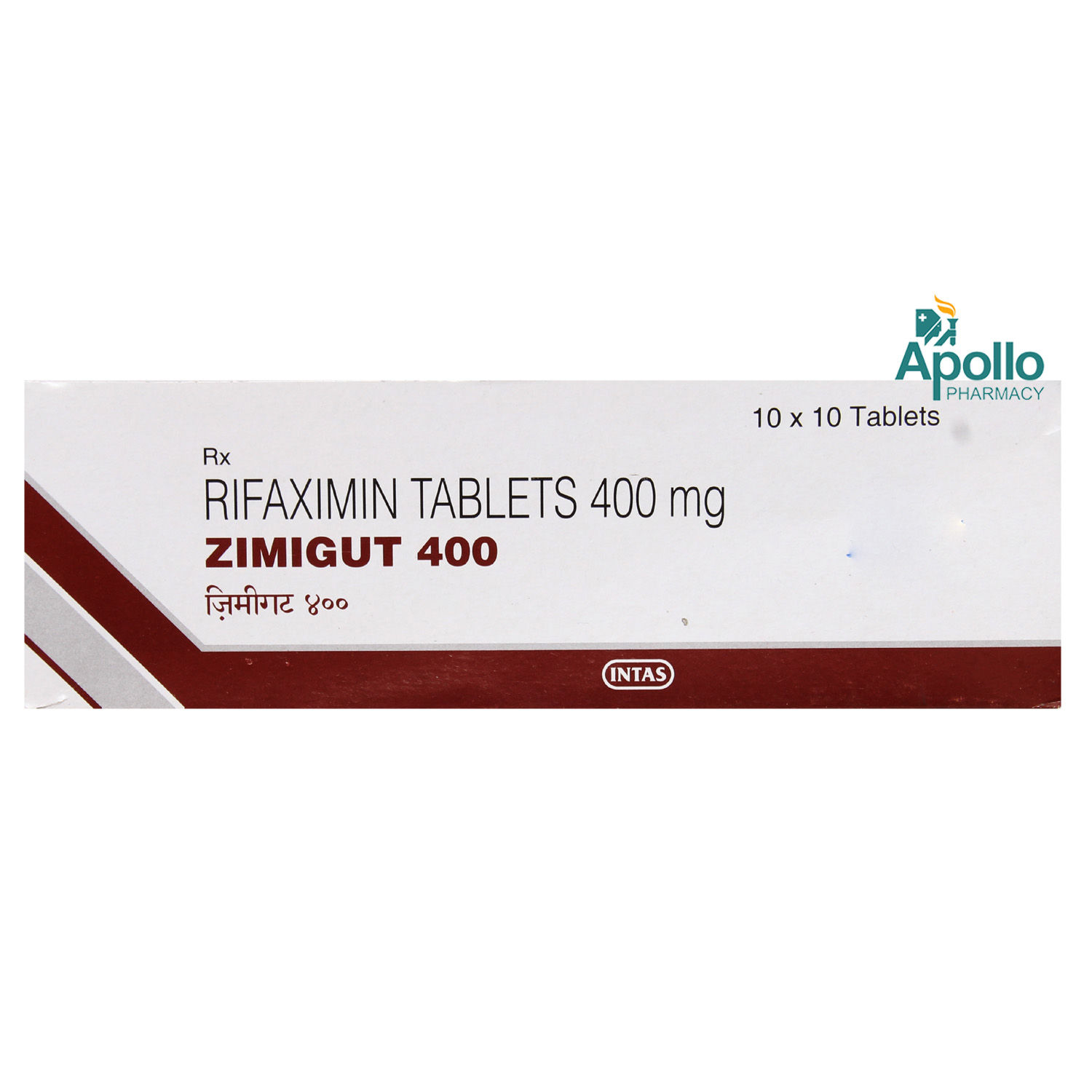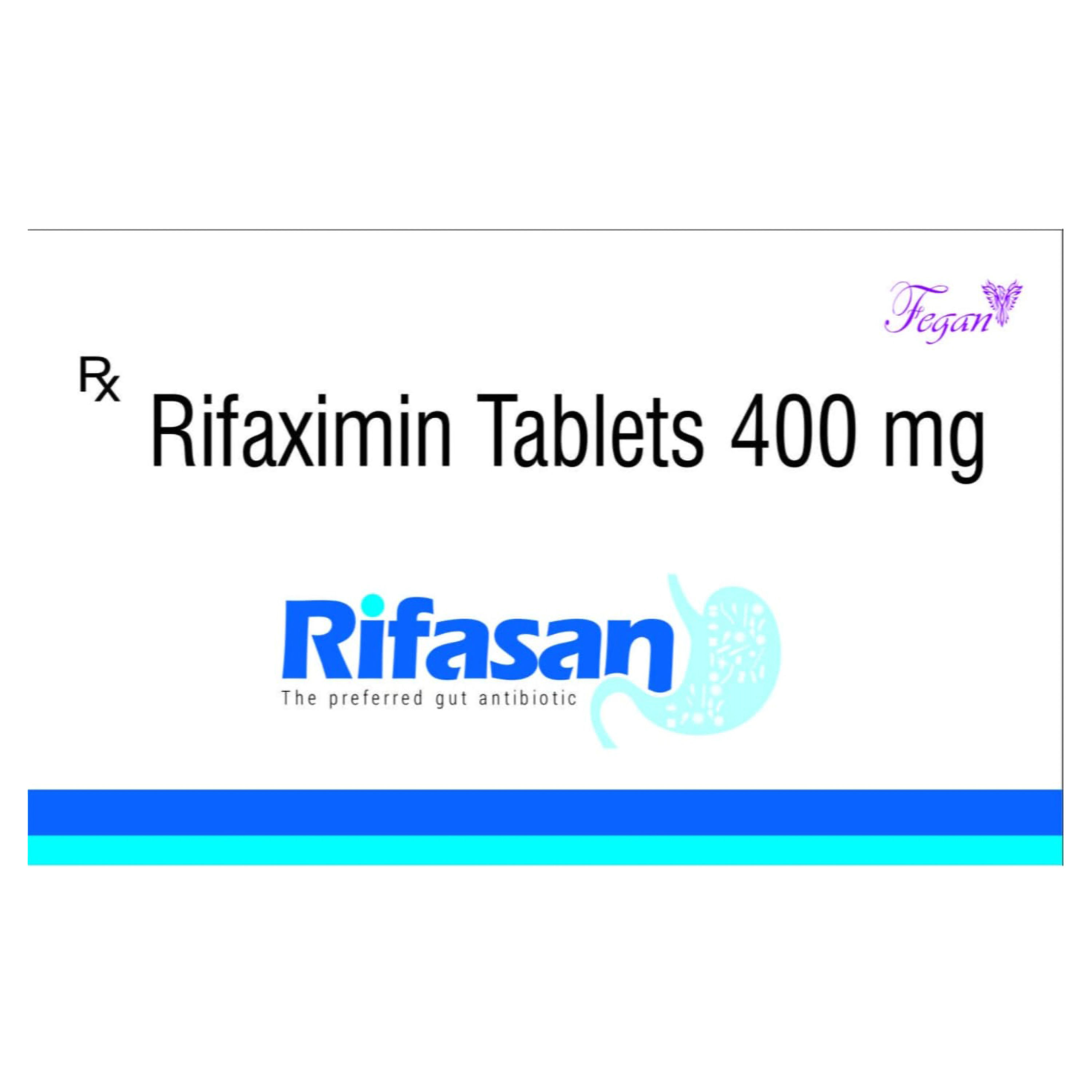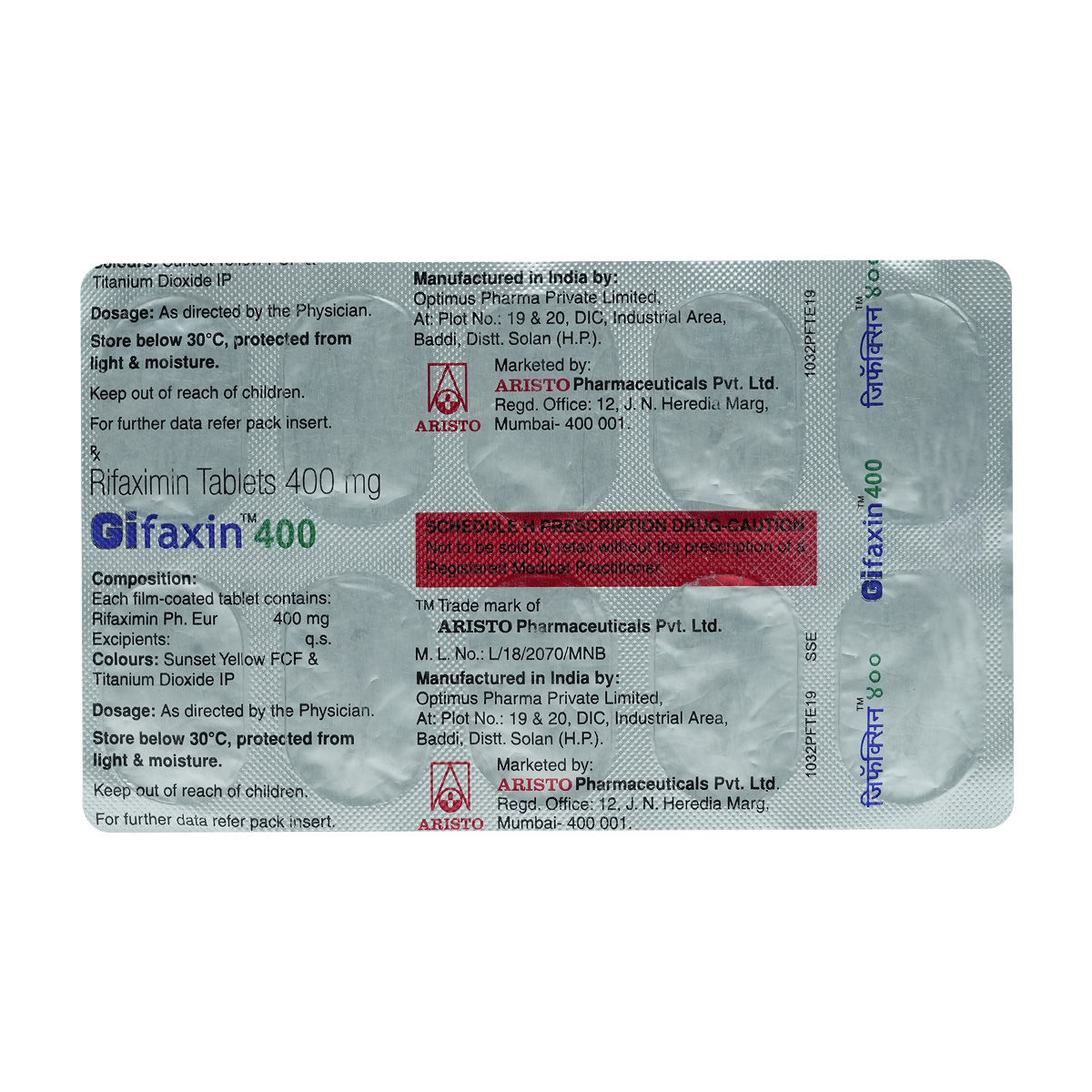Rifagrap 400 mg Tablet 10's
Rifagrap 400 mg Tablet is used to treat infectious traveller's diarrhoea caused by E.coli bacteria, hepatic encephalopathy (decreased brain function due to liver disease) and irritable bowel syndrome with diarrhoea (IBS-D). It contains Rifaximin, which works by working on the bowel and preventing the spread of infections caused by the loss of beneficial gut bacteria. Thus, it helps in relieving abdominal pain and diarrhoea. In some cases, you may experience certain common side effects such as headache, peripheral oedema (leg swelling), nausea, dizziness, fatigue, ascites (excess fluid build-up in the abdomen), increased liver enzymes (ALT), and nausea. Before taking this medicine, you should tell your doctor if you are allergic to any of its components or if you are pregnant/breastfeeding, and about all the medications you are taking and pre-existing medical conditions.
₹351*
MRP ₹390
10% off
₹331.5*
MRP ₹390
15% CB
₹58.5 cashback(15%)
Free Delivery
With Circle membership
(Inclusive of all Taxes)
This offer price is valid on orders above ₹800. Apply coupon PHARMA10/PHARMA18 (excluding restricted items)
Know Your Delivery Time
Provide Delivery Location

Whats That

Secure Payment

India's Most Trusted Pharmacy

Genuine Products
Composition :
Manufacturer/Marketer :
Consume Type :
Return Policy :
Expires on or after :
About Rifagrap 400 mg Tablet
Rifagrap 400 mg Tablet used to treat infectious traveller's diarrhoea caused by E.coli bacteria, hepatic encephalopathy (decreased brain function due to liver disease) and irritable bowel syndrome with diarrhoea (IBS-D). Traveller’s diarrhoea is an infection in which there is a passage of unformed stools. Hepatic encephalopathy causes loss of brain function when a damaged liver is unable to remove toxins from the blood. Irritable bowel syndrome is a condition which affects the large intestine.
Rifagrap 400 mg Tablet contains ‘Rifaximin’, which works by working on the bowel and preventing the spread of infections caused by the loss of beneficial gut bacteria. Thus, Rifagrap 400 mg Tablet helps in relieving abdominal pain and diarrhoea. Rifagrap 400 mg Tablet should not be used in patients with diarrhoea complicated by fever or blood in the stool and diarrhoea due to pathogens other than Escherichia coli (E.coli).
Take Rifagrap 400 mg Tablet with or without food. In some cases, you may experience certain common side effects such as headache, peripheral oedema (leg swelling), nausea, dizziness, fatigue, ascites (excess fluid build-up in the abdomen), increased liver enzymes (ALT), and nausea. Most of these side effects do not require medical attention and will resolve gradually over time. However, you are advised to talk to your doctor if you experience these side effects persistently.
Before starting Rifagrap 400 mg Tablet , please inform your doctor if you have any allergy (against any antibiotic), kidney or liver problems. Do not take Rifagrap 400 mg Tablet for more than 3 days unless prescribed; if there is no symptomatic improvement, consult your doctor. Avoid taking Rifagrap 400 mg Tablet if you are pregnant or breastfeeding; talk to your doctor; he/she may prescribe you alternate medicine. Rifagrap 400 mg Tablet is not recommended for children as efficacy and safety have not been established. Inform your doctor about all the medicines you are taking and about your health condition to rule out any unpleasant side effects.
Uses of Rifagrap 400 mg Tablet
Medicinal Benefits
Rifagrap 400 mg Tablet belongs to the group of medicines called antibiotics used to treat infectious travellers diarrhoea, hepatic encephalopathy (decrease in brain function due to liver disease) and irritable bowel syndrome (IBS). Rifagrap 400 mg Tablet is used to treat traveller’s diarrhoea caused by non-invasive strains of E.coli. Rifagrap 400 mg Tablet is a broad-spectrum antibiotic that is effective against gram-positive and gram-negative bacteria, aerobic and anaerobic bacteria, and ammonia-producing bacteria. Rifagrap 400 mg Tablet is a gastrointestinal-selective antibiotic with a broad spectrum of antimicrobial activity. Rifagrap 400 mg Tablet is bactericidal in nature and works by killing the bacteria that cause infections. Thus, it helps in treating and preventing the spread of infections.
Side Effects of Rifagrap 400 mg Tablet
- Headache
- Peripheral oedema (leg swelling)
- Nausea
- Dizziness
- Fatigue
- Ascites (excess fluid build-up in the abdomen)
- Increased liver enzymes (ALT)
Directions for Use
Swallow the medicine as a whole with a glass of water; do not chew or break it.
Storage
Drug Warnings
Do not take Rifagrap 400 mg Tablet if you are allergic to any of its contents, if you have a fever, blood in stools, passed 8 or more unformed stools in the last 24 hours, constipation, vomiting, and abdominal pain caused by blockage of the bowel. Talk to your doctor if your condition does not improve, symptoms continue or re-appear even after taking Rifagrap 400 mg Tablet for 3 days. Do not take Rifagrap 400 mg Tablet for more than 3 days unless prescribed; if there is no symptomatic improvement, consult your doctor. Avoid taking Rifagrap 400 mg Tablet if you are pregnant or breastfeeding; talk to your doctor; he/she may prescribe you with alternate medicine. Rifagrap 400 mg Tablet is not recommended for children below 12 years of age as the efficacy and safety have not been established. Inform your doctor about all the medicines you are taking and about your health condition to rule out any unpleasant side effects. Patients with liver complications should avoid taking Rifagrap 400 mg Tablet or consult a doctor before using Rifagrap 400 mg Tablet .
Therapeutic Class
Drug-Drug Interactions
Drug-Food Interactions
Diet & Lifestyle Advise
- Antibiotics can alter the useful bacteria in the stomach, which helps indigestion. Therefore, you are advised to take foods rich in probiotics such as yoghurt/curd, kefir, sauerkraut, tempeh, kimchi, miso, kombucha, buttermilk, natto and cheese.
- Eat fibre-rich food like whole grains, beans, lentils, berries, broccoli, peas and bananas.
- Avoid foods rich in calcium, such as grapefruit and grapefruit juice, as they might hinder the absorption of antibiotics.
- Avoid consumption of alcohol to treat your condition effectively.
- Avoid the usage of tobacco.
Habit Forming
How Rifagrap 400 mg Tablet Works
What if I have taken an overdose of Rifagrap 400 mg Tablet
Alcohol
Caution
Please consult your doctor as it is not known whether alcohol affects the working of Rifagrap 400 mg Tablet . However, you are advised to limit or avoid alcohol consumption to prevent unpleasant side-effects.
Pregnancy
Caution
It is not recommended to take Rifagrap 400 mg Tablet while you are pregnant. Please consult your doctor if you have any concerns regarding this, your doctor will decide whether Rifagrap 400 mg Tablet can be given to pregnant women or not.
Breast Feeding
Caution
Please consult your doctor if you have any concerns regarding this, your doctor will decide whether Rifagrap 400 mg Tablet can be given to breastfeeding mothers or not.
Driving
Safe if prescribed
Rifagrap 400 mg Tablet does not affect your ability to drive. However, do not drive or operate heavy machinery if you feel dizzy.
Liver
Caution
Please consult your doctor if you have any concerns regarding this or if you have liver impairment/liver disease before taking Rifagrap 400 mg Tablet .
Kidney
Caution
Please consult your doctor if you have any concerns regarding this or if you have kidney impairment/kidney disease before taking Rifagrap 400 mg Tablet .
Children
Unsafe
Rifagrap 400 mg Tablet is not recommended for children as the efficacy and safety have not been established.
Country of origin
Manufacturer/Marketer address
Author Details
We provide you with authentic, trustworthy and relevant information
FAQs
Disclaimer
Customers Also Bought
Product Substitutes


















